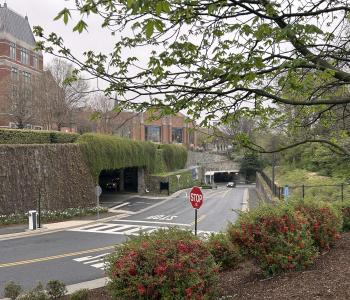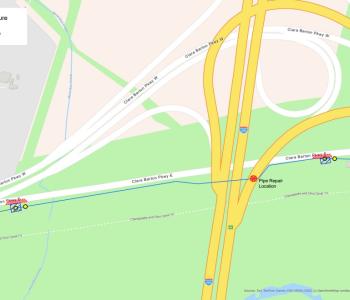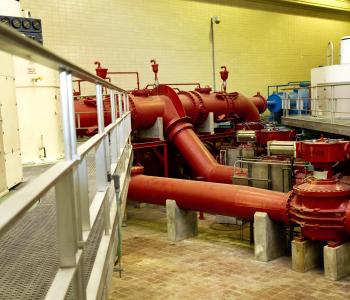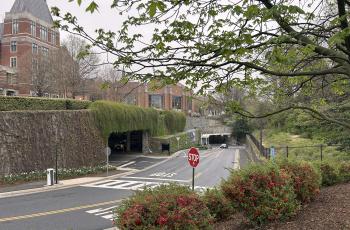DC WASA Releases Independent Review of Utilitys Budget
The agency responsible for providing water and sewer services in the nations capital has been described as the best kept secret on the East Coast, a beacon worth emulating by other organizations in the industry. These comments were made in a presentation to the District of Columbia Water and Sewer Authority Board of Directors by the firm commissioned by the Board to perform a comprehensive independent review of the DC WASA budget. The budget review was ordered, through legislation passed by the District government in 2007 as a provision in the DC Fiscal Year 2008 Budget Support Act of 2007, to identify ways DC WASA might contain rising retail rates consistent with providing responsible water and sewer services.
The 85-page report was compiled by URS Corporation and Amawalk Consulting Group LLC and completed more than a month ahead of the May 15 due date in the legislation. The consulting team conducted a comprehensive review of the Authoritys operating and capital budgets, ten-year financial plan and program, and reviewed the merits and schedules for planned capital improvements.
In its Overall Assessment, the report says DC WASA has made significant progress in recent years towards being a high-performance water and sewer utility. This conclusion considers both the efficiency of the Authority as well as its effectiveness. Successes highlighted in the report include: the operation of the largest advanced wastewater treatment plant in the world with one of the lowest staffing ratios among large cities; an automated meter reading system and accompanying customer service practices that are among the best in the industry; a revenue collection rate that rivals the performance of investor-owned water utilities; and strong credit ratings from the major bond rating agencies enabling DC WASA to borrow funds at attractive rates.
The report affirms that, in its short 11-year history, DC WASA has built a solid reputation among the leaders in this industry through the application of best practices in operations and financial performance, said DC WASA Chairman Robin B. Martin. This independent budget review and its attendant recommendations add significant value to our ability as a Board to keep rate increases modest and affordable in the face of a very costly, $3.1 billion capital improvement program, Mr. Martin added.
Specific to the issue of rate increases, the report concluded that DC WASAs projected rate increases are not unusual compared to other large cities facing regulatory mandates for capital improvements; recent percentage increases (FY06 and FY07) were lower than the average percentage increases experienced by other large cities; and DC WASAs rates compared to a peer group of large utilities and other utilities in the region are in the middle of the group. **
The report identified several areas where DC WASA could potentially mitigate rate increases by reducing costs or increasing revenues. Among them were a reduction in the Authoritys reserve fund; a consolidation of water and sewer crews; an increase in fixed charges for service; and an upgrade of metering equipment used in charging the Authoritys suburban wholesale customers.
We are pleased that this independent review concludes that DC WASA has been successful in managing its operations and compares favorably when benchmarked with other leading utilities, said DC WASA General Manager Jerry N. Johnson. While complimentary of our performance, the report also provides recommendations for potential areas of improvement, which will be addressed through a review of our policies and operations. We have completed a management response to the report and have begun working on several recommendations.







